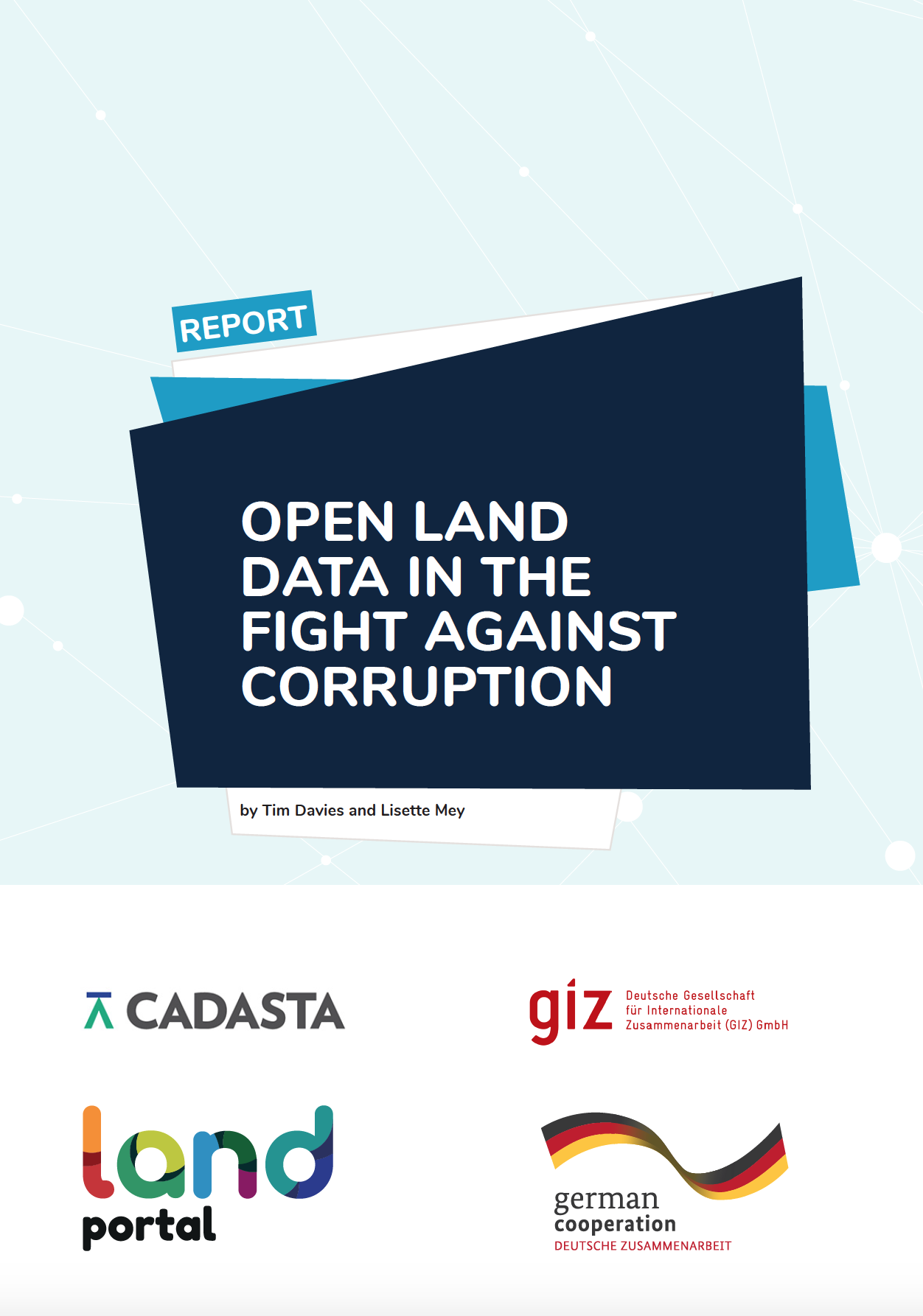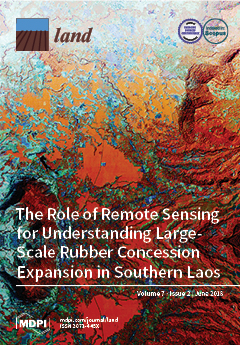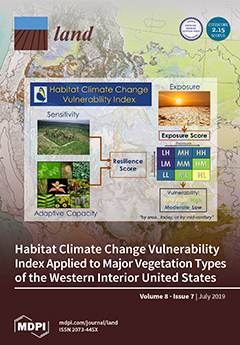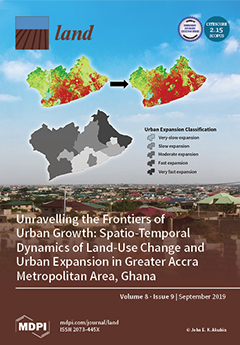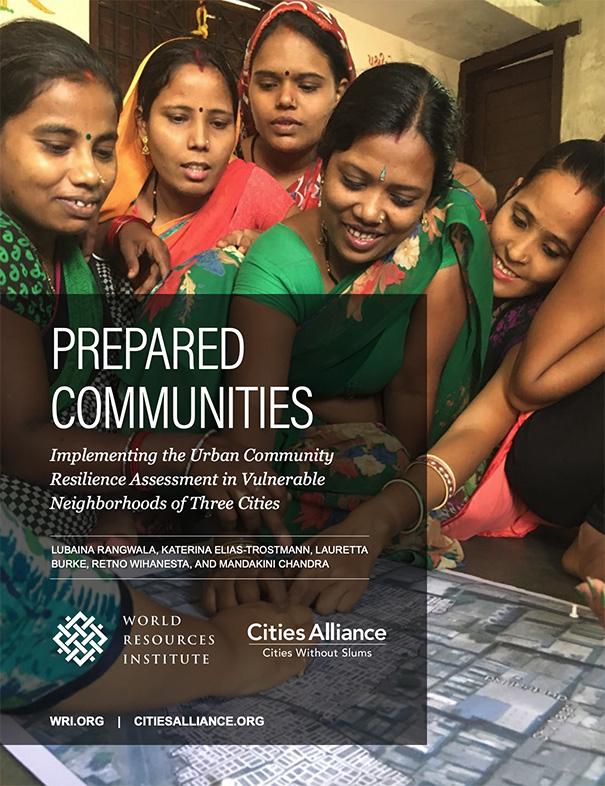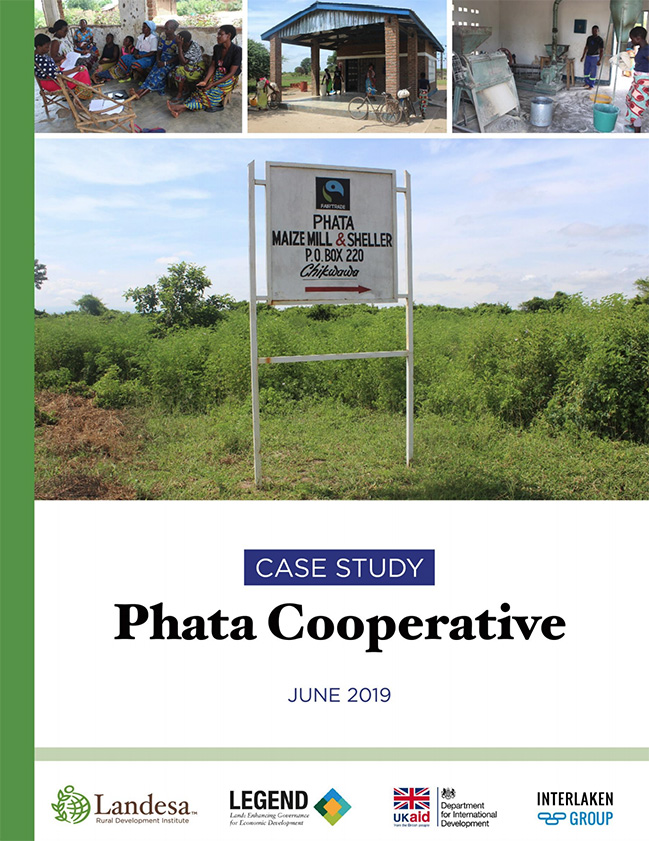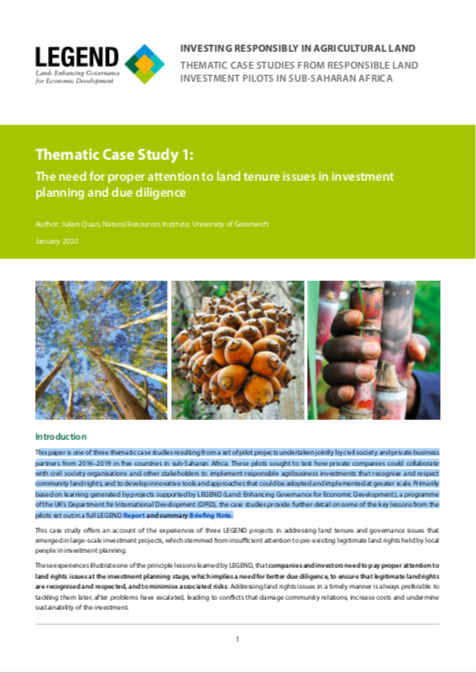Open Land Data in the Fight Against Corruption - Discussion Report
From 9th to 29th September 2019, Land Portal, Cadasta and GIZ co-hosted an online discussion focussing on the role of open land data in the fight against corruption. Drawing on over 100 contributions from 48 contributors covering six continents, the dialogue explored the opportunities and challenges for the use of open data as a tool to address land-related corruption.

